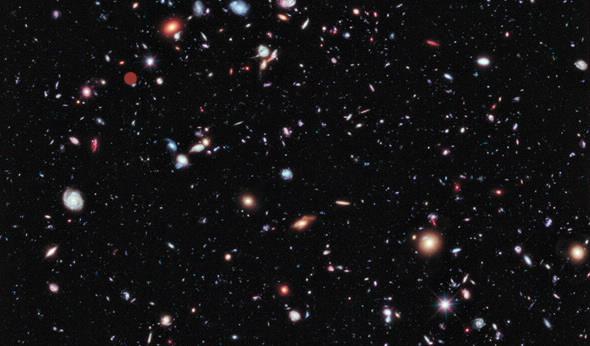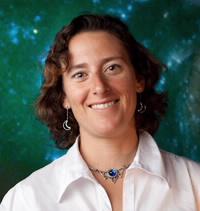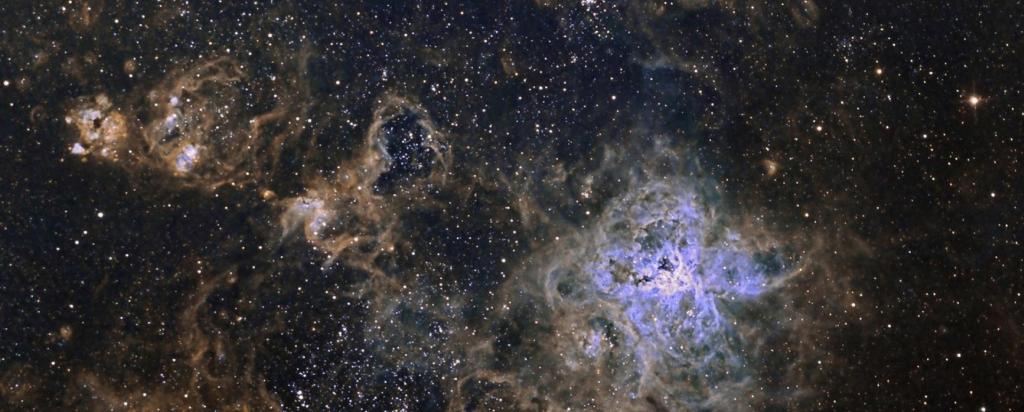
'Prof Tamara Davis, an astrophysicist at the University of Queensland who is searching for the elusive ‘dark energy' that is accelerating the universe, will deliver a Distinguished Lecture on the most exciting developments in modern astrophysics and discuss her work with the Dark Energy Survey on 12 April at ANSTO.
The Dark Energy Survey is a 5-year survey involving almost 500 astrophysicists on five continents, that starts its fifth and final year of observing in 2017.
“The universe is an amazing place, and our modern telescopes give us unprecedented views. We can now see the universe as it was only 400,000 years after the big bang, before galaxies even existed.

We have found hundreds of planets orbiting other stars and are trying to detect their atmospheres to see if there are hints of life.
We regularly detect supernovae (exploding stars) that went off billions of years before the earth even formed.
And we've discovered some kind of ‘dark energy’ that is making the expansion of the universe speed up, contrary to our gravitational expectation that ‘what goes up must come down’,” said Prof Davis.

|
Prof Davis has measured time-dilation in distant supernovae, helped make one of the largest maps of the distribution of galaxies in the universe, seen evidence for sound waves from the big bang, and seriously considers whether we can use dark energy to make hoverboards.
After her PhD at the University of New South Wales she worked for Lawrence Berkeley Laboratory, Australian National University, and University of Copenhagen before settling down at the University of Queensland.
She is the recipient of many prizes for her research, including the Astronomical Society of Australia's award for the young researcher with the highest international impact, and the Australian Academy of Science’s Nancy Millis medal for female leadership in science.
